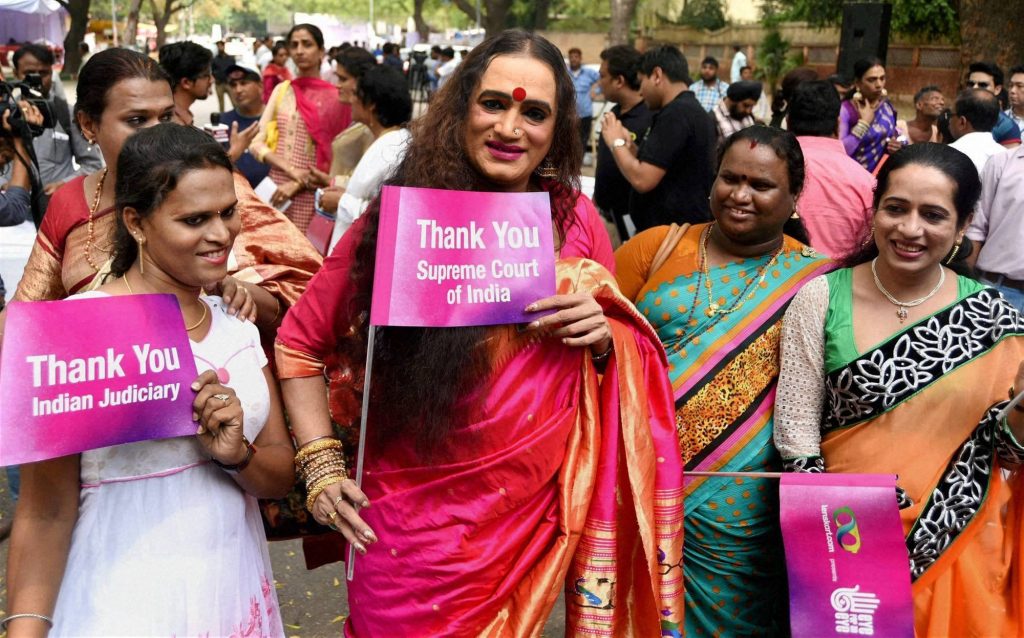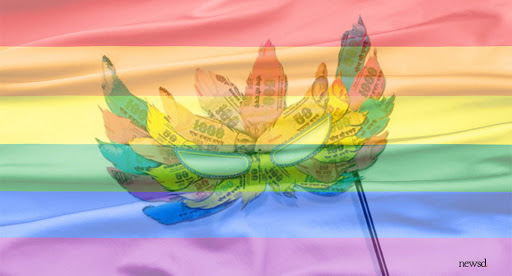India has possibly been throwing away more than $26 billion a year when it continued to marginalise the LGBTQIA+ community. However, now that the Supreme Court has decriminalised homosexuality with the rainbow flags flying high, Indian markets could benefit from the vast spending power of the queer community. The remarkable judgement is expected to result a significant boost to the South Asian nation’s US$26 billion economy.
What is Pink Money?
Pink money describes the purchasing power of the gay community, often especially with respect to political donations. With the rise of the gay rights movement, pink money has gone from being a fringe or marginalised market to a thriving industry in many parts of the Western world such as the United States and United Kingdom. Many businesses now specifically cater to gay customers, including nightclubs, shops, restaurants, and even taxicabs.
Power of Pink Money

Many multinational businesses in India and elsewhere already recognize the links between inclusion of gay employees and better business outcomes and have taken steps to end discrimination in staff benefits in order to maintain a competitive workforce.
“It can bring billions of dollars to the Indian economy if they can activate the spending of gay people in India. It will have a massive economic impact,” says Keshav Suri, an Indian hotelier who joined other activists and social groups challenging a 158-year-old colonial law that criminalised same-sex relationships in the world’s second-most populous country.
In the absence of any official survey, the government of Indian in 2012, had told the apex court that population of the queer community in India is around 25 lakh. Out Now Consulting, a marketing agency that helps businesses target gay and lesbian consumers, however, puts the LGBTQIA+ figure in India at 55 million.
Indian businesses could cater to this potential market and hugely benefit from them. Their nominal income is around $113 billion annually, the firm estimates. LGBT couples have fewer children than other groups and higher-than-average salaries, meaning plenty of disposable cash.
India has been losing as much as 1.4 per cent of its national output because of the discriminatory law, according to calculations by University of Massachusetts Amherst economics professor Lee Badgett, who studied the issue for the World Bank. That means discriminating against the LGBTQ community could cost India around US$26 billion a year.



















